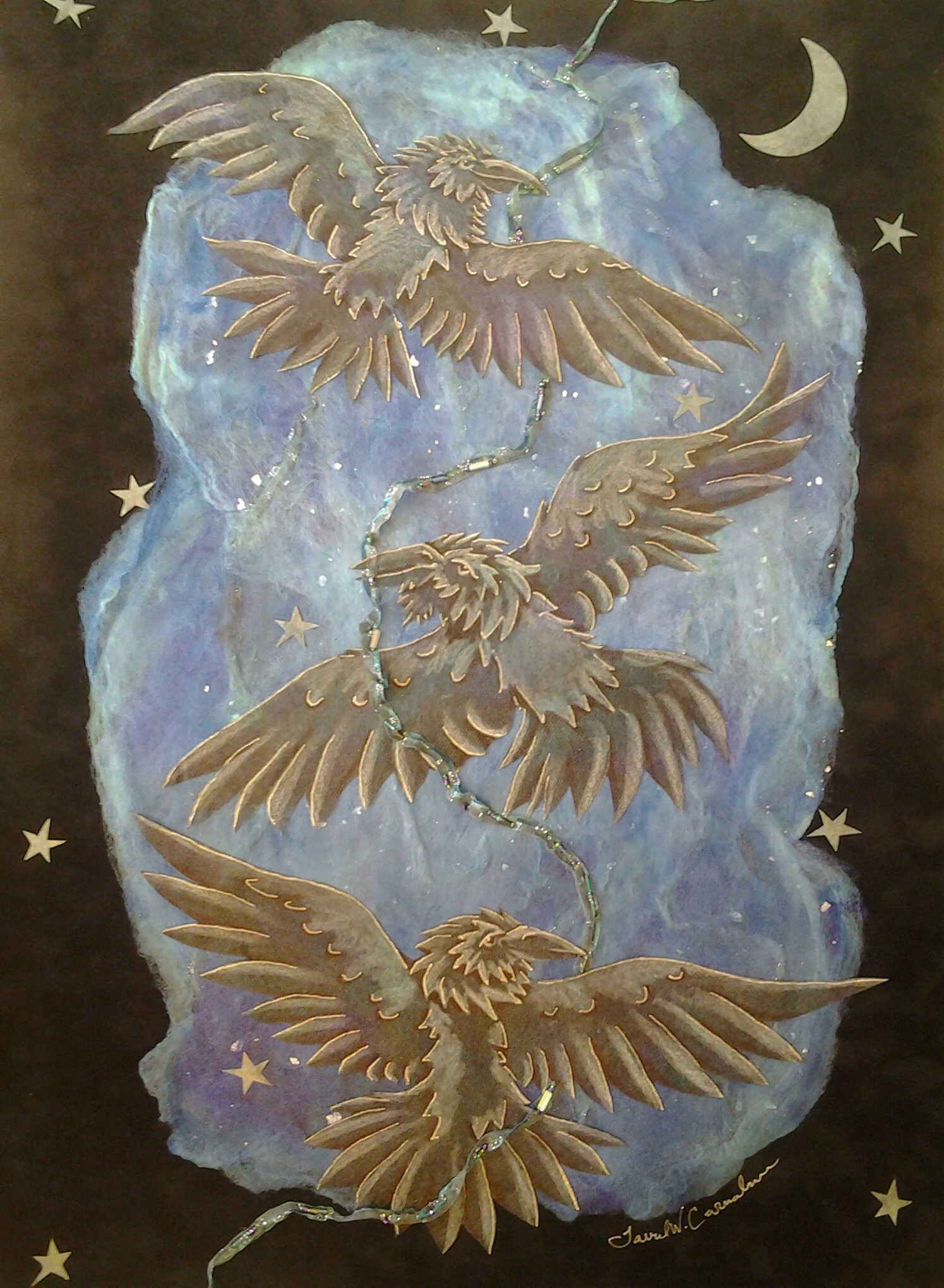Below is a list of all our posts related to recovery, sortable by category. More available at our recovery tag on tumblr.
We also have compiled a list of potentially useful apps & websites.
Friday Question: Coping Skills for Different Situations
Maybe one barrier to identifying positive coping skills is that when people ask "how do you cope?" in general, without specifying any kind of situation or feeling that we're coping with, it doesn't paint a concrete enough picture in our minds for the things that we do in different situations to become clear. So I think it may be helpful instead to have a specific situation or feeling in mind that you're trying to cope with, and write down ways that help you deal with just that particular case. What are the coping skills you use when...? - You feel depressed, sad, or lonely? - You feel angry, resentful, or frustrated? - You feel anxious or panicked? - You feel dissociated or have a flashback?
An Ace Survivor’s Manifesto
I am allowed to occupy space in the universe, regardless of how “difficult” or “complicated” or “messy” I may be. I am allowed to identify as a survivor or a victim or something else entirely. I am allowed to identify as asexual, even if I don’t know whether past experiences “caused” or “contributed to” my asexuality. I am allowed to use the words that work best for me. I am not required to defend my sexual orientation because of my status as a survivor. I am not required to defend my status as a survivor because of my sexual orientation.
When Sexual Abuse Comes in the Form of Words
One aspect of CSA that I don't see discussed very often is sexually charged verbal abuse. My experience with this is as a CSA survivor specifically, but I could also see where it could potentially be an issue for adult survivors of sexual violence well. In my own experience, the sexualized verbal abuse I was subjected to has actually been one of the hardest aspects to recover from long term.
When there never was any “before”
Not every trauma survivour has had a life before the trauma/s. It can have happened/started in early childhood and/or there may be no memories of a life before or independent of trauma. Even for people where there was a “before”, recovery is not about going back to that state, especially not if the “before” was a long time ago, in childhood or in a completely different stage of life. We know it’s hard. Having to figure out everything new, what is a healthy coping mechanism and what’s not doing me good, how does a healthy relationship work/feel, what are my likes, interests, needs, skills, beliefs. What is my personality, who am I and what is really me and what is “just” due to trauma. This is hard to figure out and painful to even have to adress in the first place. But it’s possible.
Art and Recovery
People seem to think that therapeutic art is always about expressing your pain and negative feelings. While drawing out images of exactly what the pain and terror of abuse feels like can be cathartic and hugely helpful, art that is about joy, comfort, beauty and color can act as a sort of refuge.
Why It’s Okay to Refuse Therapy
Medical professionals of all kinds are well known for abusing every marginalized group known to humanity, and therapists are no exception. But we are told to get over it or told to "find another doctor." So for all of the people out there who feel that therapy is toxic: I'm making room for your narrative in the survivor discourse. It's okay to refuse therapy. It's okay to be hostile towards medical personnel, especially when they have abused you. It's okay to talk about your horrible experiences with therapy.





